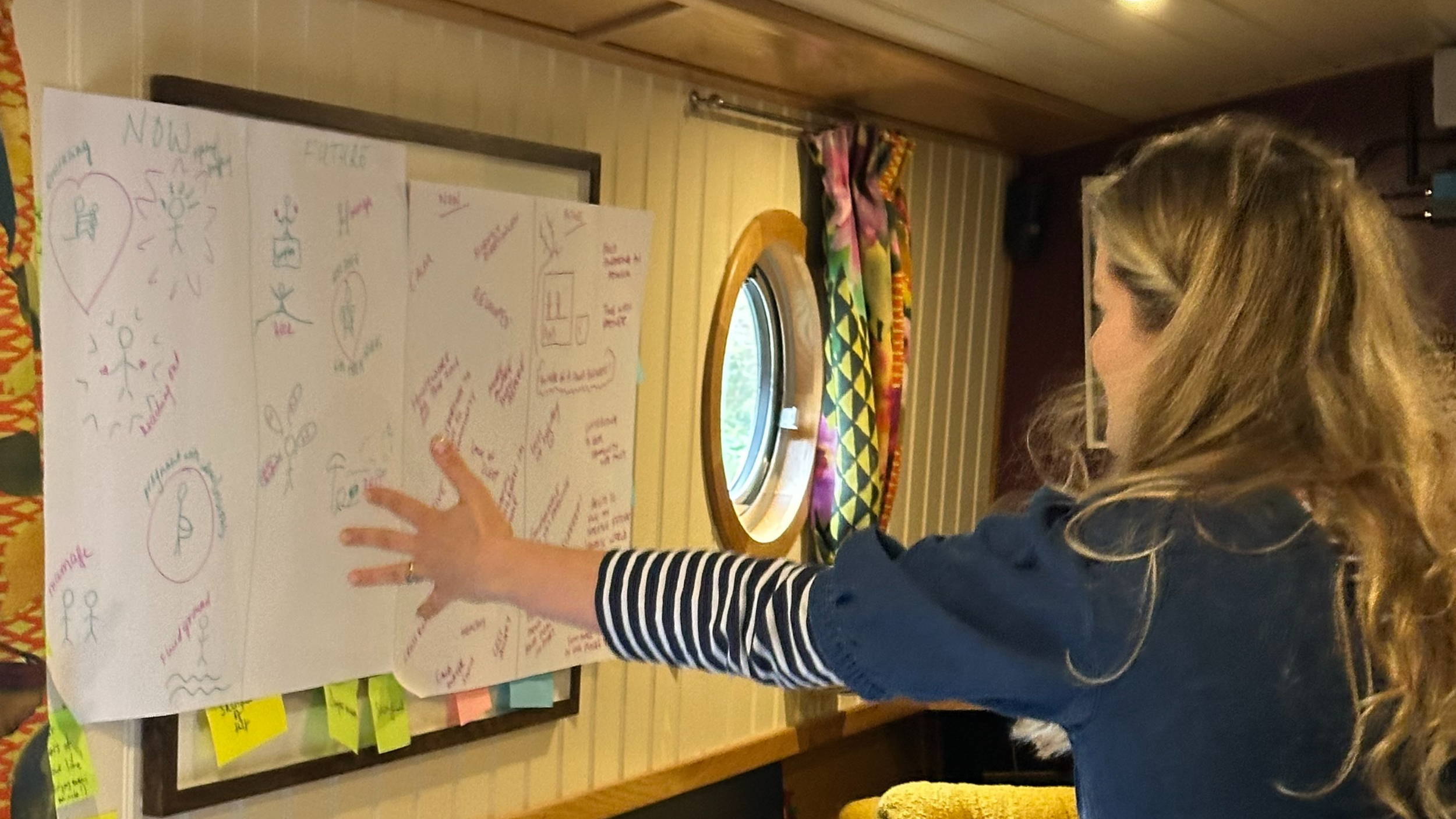Resources
How to be Understood: Your Communication Guide for 2026
That's what clear intention does. It strips away everything that doesn't serve your core purpose and leaves you with communication that lands.
How Acting Taught Me Everything About Executive Presence
Twenty years ago, I received a phone call that would completely redirect my life—though I didn't know it at the time. An insurance company wanted me to train their sales team on communication skills. My first instinct? Turn it down. I was an actress, after all, pursuing my dream of working in television and film. Why would I take a corporate training gig?
Is Rising Intonation Sabotaging Your Executive Presence
Rising intonation—also called upspeak or uptalk—turns statements into questions. It is that upward lilt at the end of sentences that signals uncertainty, even when you are absolutely confident in your content.
And here is what research shows: this vocal pattern disproportionately affects women in leadership positions, particularly in high-pressure situations.
How Executive Leaders Shape Organisational Culture
They laughed. They challenged each other. They were vulnerable about what scared them. They celebrated wins that were not even their own.
And I thought: This is what contagious leadership looks like.
A Guide to Assertive Communication for Executive Women
This is the real challenge executive women face around assertive leadership and confident communication. It's rarely about lacking the right words. It's about navigating the fear when power dynamics feel stacked against you.
Why We Need to Start Talking About Matrescence
“I used to know exactly who I was. Now I feel like I’m meeting myself for the first time, but nobody seems to understand this isn’t tiredness or hormones - something fundamental has changed.”
She was describing matrescence, though she didn't know the word for it.
Rejuvenate: Coming Back Strong
What creates lasting transformation is intentional rejuvenation—and this isn't another "treat yourself" message.
How Leadership Styles Transform with Recovery
The question isn't whether rest is important—it's how to achieve it when your calendar looks impossible. The answer lies in becoming more aware of both your body and mind's need for decompression.
Finding Your Way Back to You: When Career Success Becomes Disconnection
Perhaps it's a creeping awareness that you aren't enjoying your work as much as you did, the role you worked so hard to earn no longer reflects who you are. That rather than expanding you, it feels like it's limiting your influence.
Leading Teams by Day, Breaking Up Fights by Lunch
The reality is stark: when children are home, every aspect of your communication skills gets tested. Boundaries that worked during term time suddenly blur. Your emotional bandwidth—already stretched thin from managing teams and deadlines—becomes critically tight.
Why Brilliant Women Stay Quiet and How to Reclaim Your Voice
Fear is the catalyst keeping us silent, and it's not okay. The question isn't whether this is happening – it's understanding why and, more importantly, how we can change it.
From Dismissed to Commanding: Transform Your Vocal Tone to Match Your Authority
The brain trusts tone over text. If your voice and message don't align, tone wins. Every time.
This isn't just anecdotal —it's science. Research shows when there's a mismatch between words and emotion, people instinctively trust nonverbal cues first.
Why Your Voice Deserves a Warm-Up to Enhance Executive Communication
Your voice is often the first impression you make and the lasting memory you leave. In high-stakes communication, you can't afford to let an unprepared voice undermine your expertise, passion, or message.
Beyond ‘Fine’: Leading with Authentic Connection
It’s an example of phatic communication and is the modern day equivalent of the “how do you do” of the past. It serves a social rather than an informational purpose and creates a connection with those you don’t know well. It’s a type of linguistic dance that we all know how to engage.
How Senior Women Leaders Need to Lead with Unapologetic Communication
Being unapologetic doesn’t mean being aggressive.
It means being clear, grounded, and confident in what you have to say — without diluting your message to make others more comfortable.
What (Tele)phones Are Doing to Our Communication (And Why It Matters More Than You Think)
I looked up what the word means and tele is Greek for far, phone for voice or sound. So telephone literally means "distant sound"… This linguistic evolution reveals something profound about how we communicate. We've created devices for "distant sound" but now we use them when people are right next to us. Ironic, isn't it?
Sarah Montague: An Example Of How Midlife Women Can Forge Resilience and Be An Example To The Next Generation
We judge ourselves so harshly that we often forget to enjoy what we're actually doing. And in Sarah's case the stakes were even higher as any mistakes she made happened live, in front of millions of listeners. But as she so wisely put it, “success is built on the foundation of many failures”.
Fuelling Success: Why Women Leaders Need to Eat Smart to Lead Strong
In this piece, I share some nutrition tips I’ve learnt from working with a nutritionist, the wonderful Clare Backhouse, and through my own scientific research.
What works for one may not work for all, but for us women balancing leadership, life, and hormonal shifts, food is more than fuel—it’s a professional power tool.
Hedonic Adaptation
Psychologists tell us that as human beings we are always looking for the new - the next phone, car, job - to give us that kick of dopamine. But a couple of weeks or months later and the excitement has worn off.
This is called hedonic adaptation…




















